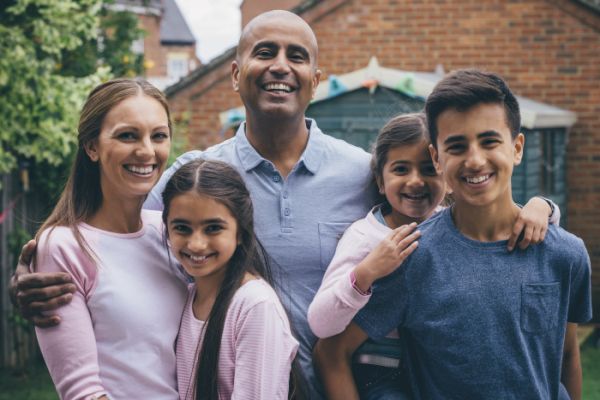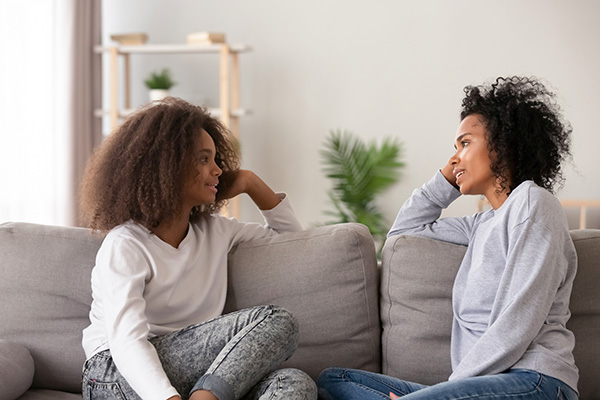When Demi went to see a counsellor for the second time, she felt like a weight had been lifted from her shoulders and she knew that counselling was going to be a good thing.
For the 18-year-old it had been a difficult journey to get to this point.
She’d been to therapy before aged 14 – and decided to see a counsellor again four years later.
“I decided to face up to my previous fears and go back to counselling. It took a bit of guts to do that,” she said.
“Before the counselling assessment I felt nervous about what I was going to be asked. But all my anxieties were soon settled after receiving such a warming response from the assessor.
“I knew that I was now ready to talk about some of the things I had avoided speaking about for a long time.
Weight lifted
“After my first session of properly talking about things, I felt like a weight had been lifted from my shoulders.
“I knew then that this time counselling was going to be a good thing for me.”
Throughout her early teens, Demi had struggled with several different mental health conditions and tried many different medications and therapies.
She was referred to Dialetical Behaviour Therapy – a mix of mindfulness and cognitive behavioural therapy delivered by NHS mental health services – but she says, “I knew I wasn’t ready.”
Felt under pressure
“I felt under pressure by the people around me to meet the expectation that I needed to be the one to try and fix my problems right away.
“However, being put into group therapy with individuals who were four or five years older than me, and at completely different stages of their lives to me, made me realise that I wasn’t ready this at this time.
“I was too young to even comprehend it all, and I began to resent the idea of talking about my problems.”
Jo Holmes, our Children, Young People and Families lead, said: “Demi’s experience is not an isolated one. Many young people feel pressured to have counselling when they’re really not ready.
“The greatest change can come about through counselling, but it has to be at the right time.
“The decision has to come from you, rather than a parent, friend or teacher. That’s when it has the greatest impact.
Life-changing experience
“Demi talks about the pressure to feel that she had to fix herself; this is often explored in counselling. There can be so much pressure to ‘get better’ from other people, it’s important to have that space to explore the underlying emotions that link to the more visible challenges the young person is facing.
“When you’re at the point where you are ready to open up, counselling can be a life-changing experience.
“It doesn’t have to be a one-off, you can return to counselling again in the future if and when you need it.”
To find a counsellor or psychotherapist who can help visit our Therapist Directory.

Children and young people
Read our members' experiences and your stories of how counselling can help children and young people.

Children, young people and families
Promoting the importance of early intervention and access to timely psychological therapies for children, young people and families is a priority for BACP.

Four in five parents would encourage their children to seek therapy if needed
We have to ensure better access to counselling for vulnerable children, says our Chair Natalie Bailey
